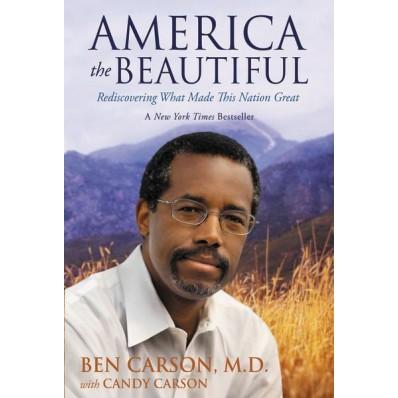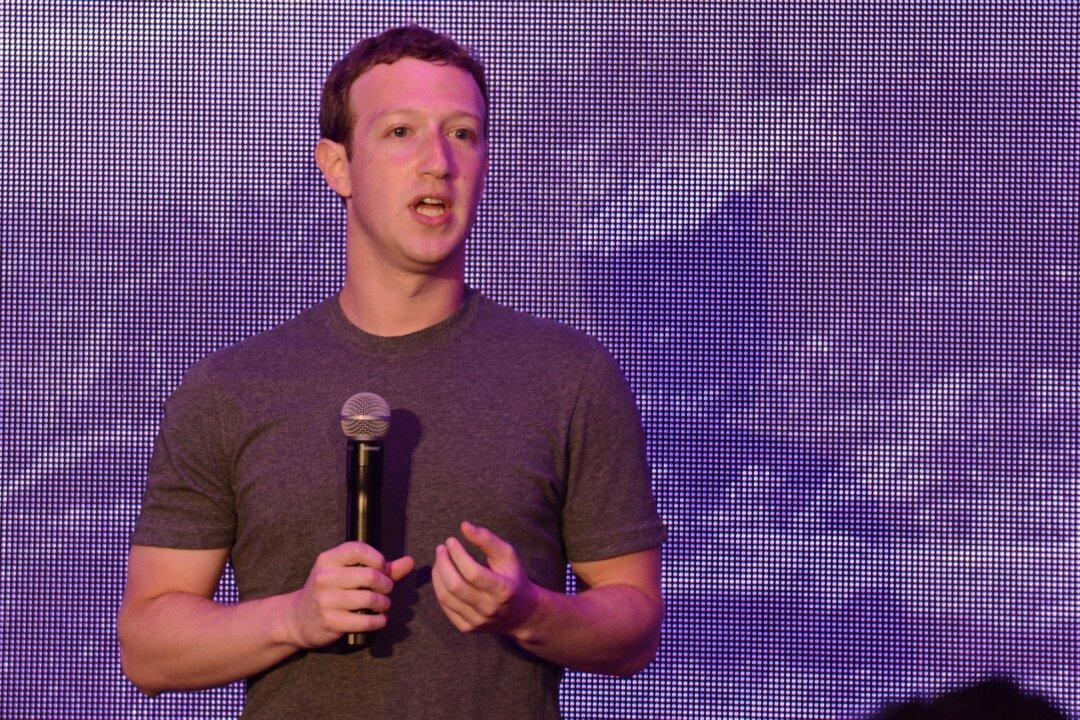On Jan. 2, Facebook CEO Mark Zuckerberg announced the creation of his new book club, A Year of Books, in which Zuckerberg will pursue a personal goal of reading a new book every two weeks.
In his post, Zuckerberg explains, “If you want to follow along on my challenge and read the same books I do, I’ve created a page, A Year of Books where I'll post what I’m reading. Please only participate in the discussions if you’ve actually read the books and have relevant points to add. The group will be moderated to keep it focused.”
The move did not go unnoticed, as immediate comparisons between Zuckerberg’s project and Oprah Winfrey’s famous book club emerged in seemingly every media outlet, along with numerous analyses of the strategy and underlying message behind Naim’s book being chosen.
E-Book Sales Growth Stalls as Sales of Physical Books Improve
The outlook for physical books and traditional, brick and mortar bookstores wasn’t so rosy nary a couple of years ago. However, recent sales figures seem to be indicating that the love of both is still alive and well among consumers.
The U.K.’s largest book retailer Waterstones revealed that sales of Amazon’s Kindle e-book reader have “disappeared” and demand for physical books is on the rise, up 5 percent in December, according to the Financial Times. Contrary to the narrative of the past few years, the company will open “at least a dozen more stores this year” in response to what it is calling a resurgence in popularity of hardcovers and paperbacks.
Data across the industry seems to reflect the same. Last year, the Association of American Publishers reported a 5 percent dip in revenue year over year for e-books. Recently, Barnes & Noble reported “continued stabilization of physical book sales” over the holiday season. Its troubled Nook e-reader slumped over 55 percent in sales this season over last.







